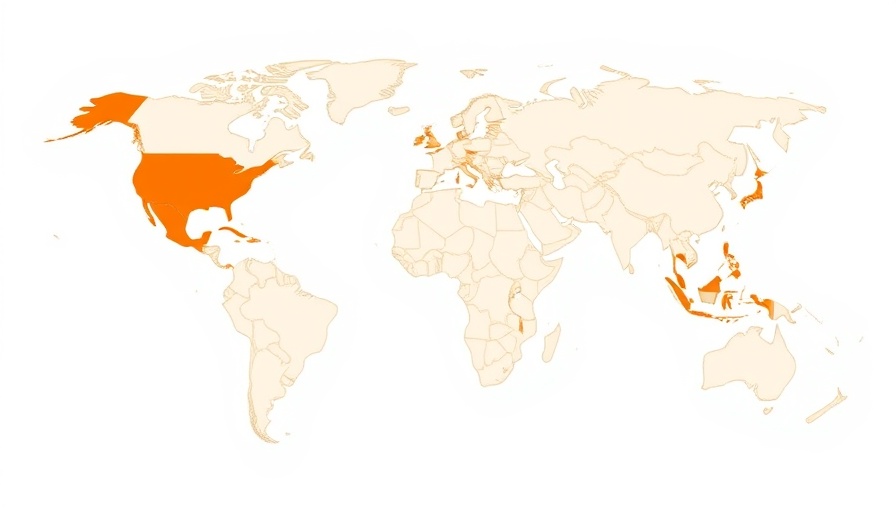
Antimicrobial Resistance: A Growing Global Challenge
As we look forward to the fifth meeting of the Strategic and Technical Advisory Group on Antimicrobial Resistance (STAG-AMR) scheduled for June 24-25, 2025, it’s vital to grasp the seriousness of antimicrobial resistance (AMR). This phenomenon can lead to dire health outcomes, making infections harder to treat and increasing mortality rates worldwide. The World Health Organization (WHO) declares AMR as one of the top ten global health threats, necessitating immediate action from governments, healthcare professionals, and communities alike.
The Importance of STAG-AMR
STAG-AMR, as an independent advisory body, plays a pivotal role in offering strategic guidance to strengthen the global fight against AMR. Utilizing insights derived from various stakeholders, this group aims to develop actionable recommendations that support countries in executing their commitments effectively. The recommendations that emerge from STAG-AMR meetings serve as crucial tools for the WHO Director-General in policymaking, emphasizing the necessity of collaborative efforts worldwide.
Focusing on Updated Action Plans
One of the key discussion points during the 2025 meeting will be the updating of the Global Action Plan on AMR. This update will ensure that the strategies align with current realities, maximizing their relevance and potential impact. As the landscape of global health continues to evolve—especially in the wake of the COVID-19 pandemic—the need for adaptive strategies in AMR becomes abundantly clear. The meeting will likely explore how countries can better mobilize resources to address this shifting frontier.
Implementing WHO’s AMR Framework
An essential focus for the Advisory Group will also be on implementing WHO’s prioritized AMR results framework. Countries are currently working towards fulfilling their commitments related to AMR, and providing them with the right tools and guidance is essential for success. By supporting countries through shared best practices, capacity-building initiatives, and resource allocation guidance, the WHO and STAG-AMR can help improve local response capabilities and outcomes.
Responding to Current Global Health Context
The health landscape has changed drastically due to the pandemic, necessitating a comprehensive evaluation of how to combat AMR effectively within this context. Analytical discussions at the STAG-AMR meeting will address these challenges, considering the simultaneous crises of global disease outbreaks and existing healthcare resource shortages. The understanding of how AMR interacts with these ongoing crises is critical to building stronger health systems capable of confronting multiple health challenges.
Making a Family Impact
Understanding AMR isn’t just for health professionals—it’s something every family should consider. Simple actions at home, like using antibiotics only when prescribed by a healthcare provider, can significantly contribute to the fight against AMR. It encourages a culture of responsible medication use within families, ultimately helping to curb the problem at a community level. As we comprehend the ties between sustainable living and health, proactive family decisions can contribute to broader health outcomes.
The Path Forward: Personal Responsibility for Public Health
With challenges like environmental policies impacting health and rising rates of pollution, the 2025 meeting highlights the intersection between public health initiatives and environmental health. The consequences of pollution and deforestation on international health crises can’t be overlooked. Equally, fostering a culture of healthy living is integral; engaging local communities to adopt healthier, sustainable practices can mitigate many of the health risks associated with AMR.
Call for Global Action
The upcoming STAG-AMR meeting is not just another conference; it's a call to action for anyone concerned about the future of global health. As we prepare to engage with important discussions surrounding AMR, let's equip ourselves with knowledge and advocacy. Together, we can play a role in shaping a healthier world, where AMR is effectively managed through responsible actions from both individuals and communities.
 Add Row
Add Row  Add
Add 




Write A Comment